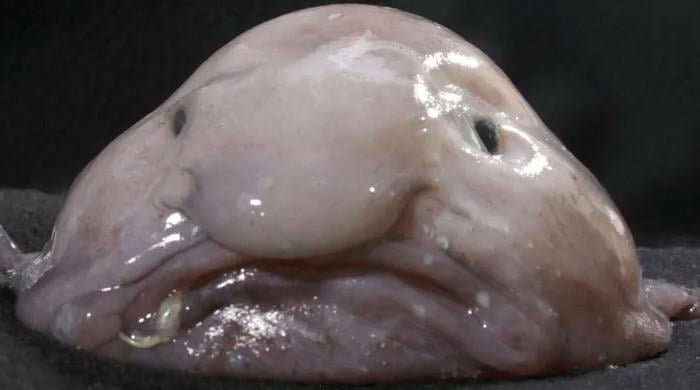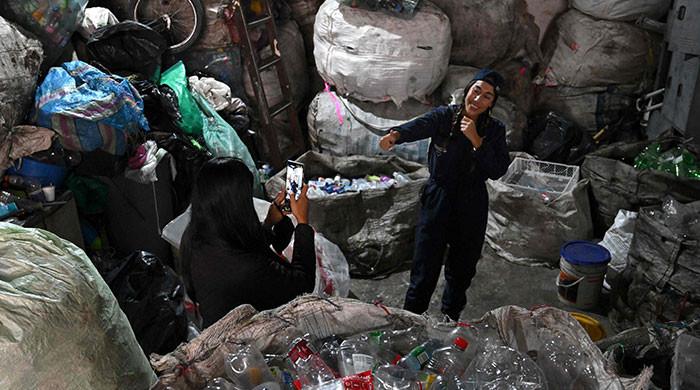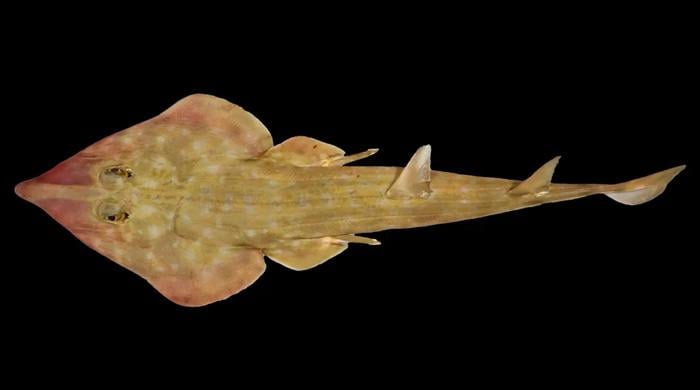Diesel exhaust fumes baffle bees: study
SOUTHAMPTON: Diesel exhaust fumes alter the flowery smells that guide bees when they forage, potentially sending them off course and putting the food-growing industry at risk, a study said...
October 03, 2013
Honeybees rely heavily on their sense of smell to locate flowers from which they harvest life-giving nectar -- transferring pollen grains from one bloom to another in the process.
The new research shows that diesel exhaust fumes from cars, tractors or power generators can chemically alter the smell of flowers and render them undetectable to bees.
This, in turn, threatens the insects' crucial role as a key pollinators of human food crops.
"Somewhere in the region of 70 per cent of world crops require pollination services, and... About 35 per cent of our current food production is reliant on pollination," study co-author Tracey Newman of the University of Southampton told a press conference ahead of the report's release in the journal Nature Scientific Reports.
Pollination services have an estimated economic value of 153 billion euros (USD 208 billion) a year.
For the study, Newman and a team created a synthetic odour blend mimicking the complex chemical mix that make up the smell of oilseed rape flowers.
The synthetic blend of eight chemicals was released into a sealed glass vessel with clean air, and another that contained diesel exhaust at levels similar to rush-hour, roadside fumes.
The fumes contained high concentrations of NOx gases: nitric oxide and nitrogen dioxide, as well as carbon monoxide.
Within one minute, the chemicals alpha-farnesene and alpha-terpinene, which comprised 72.5 per cent and 0.8 per cent of the blend respectively, were "rendered undetectable" in the diesel-polluted air.
The other chemicals were also considerably reduced in volume while there was no change for the blend in the clean-air vial.
Next, the team tested whether bees would notice the difference.
They trained the insects by exposing them to the eight-chemical synthetic odour blend and feeding them a sugar solution at the same time to build an association of reward -- as the smell of flowers hold the promise of nectar.
Over time, the trained bees would start sticking out their tongue-like proboscis in anticipation whenever they recognised the odour. (AFP)











